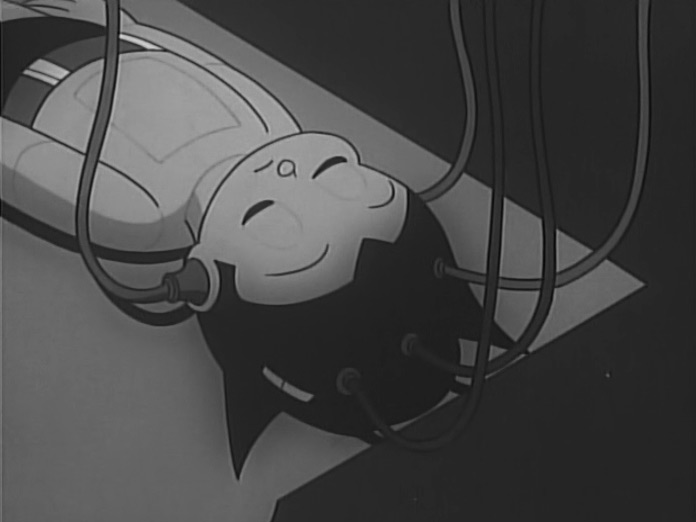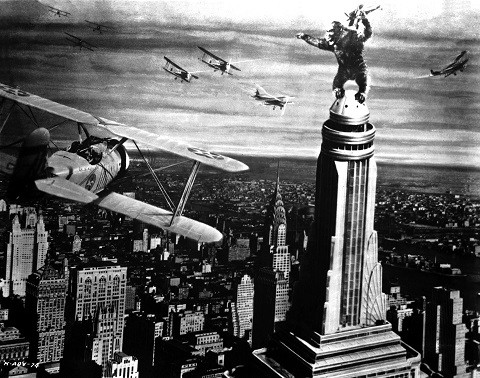
I know, it’s a dated reference now, but since I still watch the remade Battlestar Galactica series on Netflix, the mystical refrain—“All of this has happened before and will happen again”–still seems fresh to me. At any rate, it’s fresher than the clichéd “history repeats itself.” However you phrase it, the truism looks more and more like a genuine truth the more one studies ancient history, literature, and philosophy. The conflicts and concerns that feel so of the moment also occupied the minds and lives of people living hundreds, and thousands, of years ago, and whatever you make of that, it certainly helps put the present into perspective. Can we benefit from studying the wisdom, and the folly, of the ancients? To this question, I like to turn to an introductory essay C.S. Lewis penned to the work of a certain church father:
Every age has its own outlook. It is specially good at seeing certain truths and specially liable to make certain mistakes. We all, therefore, need the books that will correct the characteristic mistakes of our own period. And that means the old books. […] If we read only modern books […] where they are true they will give us truths which we half knew already. Where they are false they will aggravate the error with which we are already dangerously ill. The only palliative is to keep the clean sea breeze of the centuries blowing through our minds, and this can be done only by reading old books.
I may disagree with Lewis about many things, including that “clean sea breeze” of history, but I take to heart his point about reading the ancients to mitigate our modern biases and shine light on our blind spots. To that end, we present links to several excellent online courses on the ancients from institutions like Yale, NYU, and Stanford, free to peruse or take in full. See our master list—Free Courses in Ancient History, Literature & Philosophy—for 36 quality offerings. As always, certain courses provide more resources than others, and a few only offer their lectures through iTunes. These are decisions course administrators have made, not us! Even so, these free resources are invaluable to those wishing to acquaint, or reacquaint, themselves with the study of ancient humanities.
You can, for example, take a course on Ancient Israel from NYU’s Daniel Fleming (Free Online Video & Course Info — Free Online Video), study Plato’s Laws with the renowned Leo Strauss from the University of Chicago (Free Online Audio) or Socrates ( Free Online Audio) with that university’s equally renowned Alan Bloom. Take a course called “Ancient Wisdom and Modern Love” (Syllabus - Free iTunes Video — Free Online Video) with Notre Dame’s David O’Connor or study Virgil’s Aeneid ( Free iTunes Audio) with Susanna Braund, whose lectures were recorded at Stanford Continuing Studies. You’ll find many more ancient history, lit, and philosophy classes—36 in all, including five more Leo Strauss Plato seminars—on our meta list: Free Courses in Ancient History, Literature & Philosophy. Read, study, repeat.
Related Content:
Download 55 Free Online Literature Courses: From Dante and Milton to Kerouac and Tolkien
Learn 47 Languages Online for Free: Spanish, Chinese, English & More
Italo Calvino Offers 14 Reasons We Should Read the Classics
Josh Jones is a writer and musician based in Durham, NC. Follow him at @jdmagness

 Image by wakarimasita, via Wikimedia Commons
Image by wakarimasita, via Wikimedia Commons

